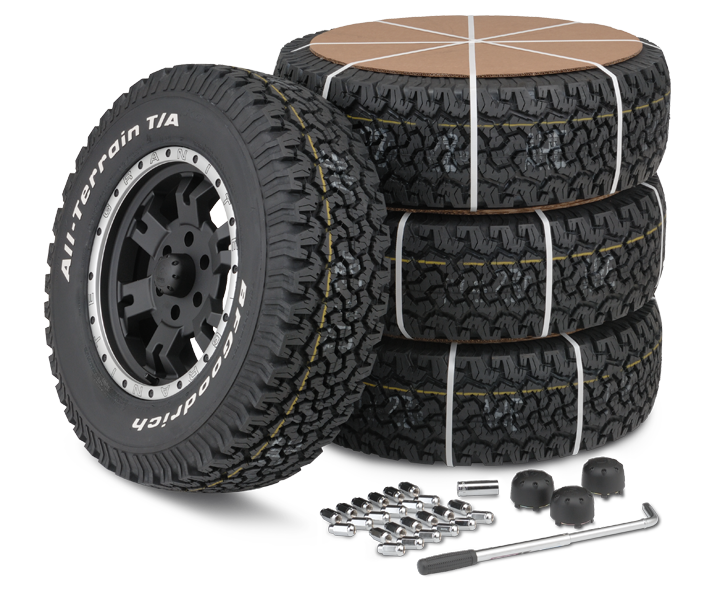Tire Service: Comprehending Tire Pressure Monitoring Systems
Recognizing Tire Stress Monitoring Equipments (TPMS) is a critical element of preserving optimal vehicle efficiency and safety on the road. With innovations in automobile modern technology, TPMS has ended up being a basic function in modern cars, giving real-time details on tire stress levels.

Significance of TPMS
The importance of Tire Stress Surveillance Solutions (TPMS) lies in their ability to improve automobile security and performance via real-time tracking of tire pressure levels. Maintaining the correct tire stress is critical for making certain optimum handling, stopping, and general safety of a lorry. TPMS supplies chauffeurs with instant comments on any overinflated or underinflated tires, enabling for prompt modifications to be made.
Components of TPMS
Making up different essential aspects, a Tire Pressure Monitoring System (TPMS) works as an advanced safety and security feature in modern lorries. The main elements of a TPMS consist of sensing units, a control component, and a warning sign. Sensors are generally situated in the tire valve stem or affixed to the wheel setting up, where they gauge tire stress and transmit data to the control module. If it discovers substantially reduced stress in any of the tires, the control module processes this info and sets off a warning. The warning sign, commonly a sign on the dashboard, notifies the chauffeur to inspect the affected tire or tires. Some advanced TPMS designs likewise present the actual tire stress readings for each tire, providing chauffeurs with real-time information to guarantee optimal tire efficiency and safety and security. By checking tire stress continually, TPMS assists avoid accidents, lowers tire wear, and improves fuel performance, making it a critical part for automobile safety and efficiency.
Types of TPMS

On the other hand, indirect TPMS counts on the vehicle's wheel speed sensors to check tire stress. This system discovers underinflation by comparing the rotational rates of the wheels. Indirect TPMS is much less pricey than straight TPMS, as it makes use of existing sensing units within the vehicle.
While straight TPMS uses a lot more accurate readings, indirect TPMS is simpler in style and generally needs less maintenance. Both systems have their constraints and benefits, and the option in between them typically depends upon aspects such as expense, vehicle make, and personal preference. Understanding the differences in between these 2 kinds of TPMS can aid lorry proprietors make notified decisions concerning tire maintenance and security.
TPMS Maintenance Tips
Effective upkeep of TPMS is crucial for making certain optimal performance and safety of your lorry. Regularly inspecting the TPMS sensing units for any type of damage or deterioration is essential. Make certain that the sensing units are cost-free and tidy from debris that might disrupt their performance. Additionally, it is advisable to check the sensor batteries periodically and change them as needed to assure precise readings. Conduct routine checks on the tire stress levels and contrast them with the TPMS readings to guarantee they are regular. Recalibrate the system following the maker's guidelines if there are any kind of discrepancies. Throughout tire rotation or substitute, make certain that the TPMS parts are managed carefully to stop any kind of prospective damages. If the TPMS warning light illuminates on the dashboard, resolve the concern promptly by inspecting the tire stress and the total system for any kind of mistakes. By adhering to these maintenance tips, you can extend the life-span of your TPMS and enhance the security of your driving experience.
Benefits of Proper Tire Stress
Keeping correct tire stress, as highlighted in TPMS Upkeep Tips, is critical for enjoying the many benefits connected with optimal this content tire pressure degrees. Among the primary benefits of maintaining the proper tire stress is enhanced fuel performance. When tires are effectively blown up, there is less rolling resistance, leading to far better gas economy. In addition, correct tire pressure guarantees even tire wear, extending the life expectancy of the tires and advertising much safer driving problems. With the appropriate tire stress, cars additionally have far better handling and traction, especially in damaging climate conditions. This can enhance general driving performance and safety and security for the driver and guests. Moreover, maintaining ideal tire pressure can add to morris tire and alignment a smoother and much more comfortable experience by decreasing resonances and noise brought on by underinflated tires. To conclude, the advantages of correct tire pressure go past just tire durability; they encompass enhanced fuel efficiency, boosted safety, much better vehicle performance, and total driving convenience.
Verdict
Finally, recognizing tire pressure surveillance systems (TPMS) is essential for maintaining ideal tire pressure and ensuring car safety. By recognizing the importance of TPMS, recognizing with its elements, understanding the various kinds available, sticking to correct maintenance pointers, and understanding the benefits of keeping proper tire pressure, vehicle drivers can boost their driving experience and extend the life-span of their tires. Correct tire pressure is key to risk-free and effective lorry procedure.
